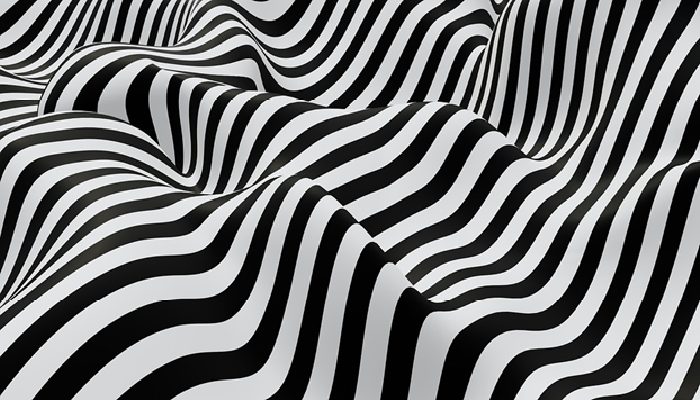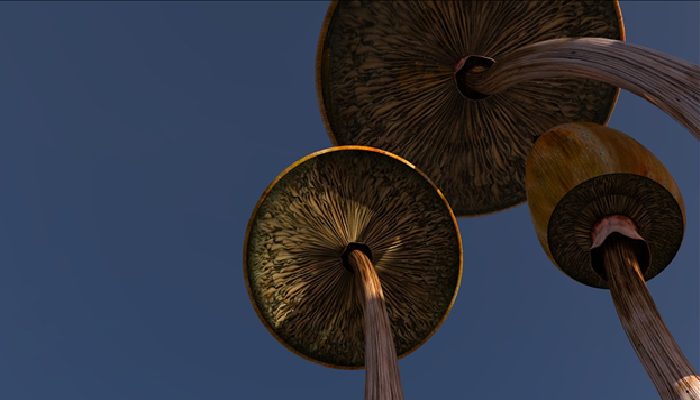When and Where to Find Help for Psychedelics Usage in Nashville

Drugs are used all over the world for a variety of reasons, from legal to illegal, and though generally drugs have a bad reputation, one may be interested in using them for legitimate purposes and will need to be informed of the risks and benefits to doing so. One example of this is medicinal marijuana, which has found purposes in cancer patients and those with epileptic disorders. Society has become increasingly more open to recreational drugs outside of nicotine and alcohol in recent years. For example, marijuana is become legal in many states across the United States for both recreational and medicinal purposes.
Even some states who have chosen not to legalize it have opted to instead decriminalize it, which means that persons in that state found to be in possession of marijuana may receive a fine instead of criminal charges. Of course, in these states where marijuana possession has been decriminalized (listed here), there is a limit to how much of the drug a person may possess without facing criminal charges, as if a person is found to have a large amount, they may be suspected of dealing the drug to others for money, which carries different charges than possession. Therefore, it is imperative to understand that decriminalization is not the same as legalization.
Psychedelics are another class of drug which are coming into a new light in the public eye due to new research which United States laws used to ban that has uncovered evidence that there may be medicinal and therapeutic properties to many psychedelics. Johns-Hopkins, for example, launched a center for therapeutic psychedelic research in 2000 which conducted a study that found psilocybin, a compound found in a psychedelic often referred to as “magic mushrooms,” to not just be effective at treating Major Depressive Disorder, which is the United States’ leading cause of disability, but the study found the psilocybin treatment to be effective for up to a year.
This is groundbreaking for the millions of Americans struggling with depression and other mental ailments, as effectiveness in treating depression therapeutically suggests effectiveness in other conditions such as anxiety and substance abuse. The exciting findings of research like that published from Johns-Hopkins have fueled an emerging alternative practice surrounding therapeutic psychedelic treatment.
What are Psychedelics?

Psychedelics are a class of drug which are characterized by hallucinatory effects, impaired or altered perception, and sensory effects. The state in which a person enters into while under the effects of psychedelics can resemble psychosis, as psychedelics.com states, because they may experience hallucinations or delusions. Often these states are pleasant, though this is not always the case.
Sometimes psychedelics can produce unpleasant hallucinations that cause the user distress. The risk of this happening increases when users take too high of a dose, especially if they are using the drug for the first time and have no tolerance. Therefore, to avoid adverse effects, first-time users may be interested in microdosing, which is the practice of taking very small doses of a drug to maximize the positive effects whilst minimizing the negative effects. Scientists are still unsure, however, whether microdosing is actually beneficial or whether the placebo effect artificially inflates users’ perceptions of it. Additionally, In order to use the drug in a therapeutic sense, the dosage will need to be carefully watched over by a licensed medical professional and the patient may even need to be monitored.
When is Psychedelic Usage a Problem?
All the talk about how psychedelics may have exciting use in therapeutic practices may lead one to believe that they are universally beneficial, but this is far from the case. Psychedelics, like any other drug, can be abused and cause the user harm over a long period of time. The harm may be physiological due to psychedelics’ mind-altering nature, but dangers are also involved with operating under the use of psychedelics for an extended period of time—for example, a user may attempt something dangerous due to hallucinations caused by the drug and injure themselves that way.
Where to Find Treatment for Abuse
Addiction centers can vary based on a variety of factors, from demographics of the patient (for example, there are addiction centers which specifically treat patients that are women or within a certain age group) to institutions such as Alinea Center Psychedelics In Nashville which specializes their treatment plans based on the substance which the patients are attempting to get clean from. It is important to reach out if you believe you are having trouble controlling your usage of any drug, and to seek specialized help for the highest chance of recovery.
Are Psychedelics Legal?
The legality of psychedelics is tricky. As of May of 2022, psychedelics remain illegal on a federal level, similar to how cannabis (also known as marijuana) is still illegal on a federal level, so many cannabis dispensaries operate within a legal grey area. However, there have been states such as Oregon who have adopted statewide legal frameworks to allow for the use of psychedelics medicinally. In November of 2020, the state adopted a policy similar to other states’ decriminalization policies for a wide variety of drugs, including psychedelics. However, the caveat was that psychedelics would be allowed to be administered for therapeutic use after clinics complete a two-year consultation period with state officials to ensure the clinics would be administering substances in accordance with the law. Therefore, the soonest any psychedelics would be available for therapeutic use in Oregon is 2023.